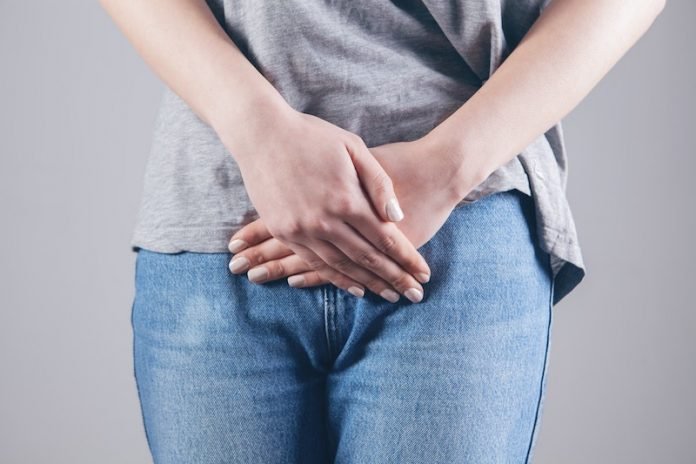
In a new study from Nanjing Medical University, researchers found that people with inflammatory bowel disease (IBD) have more microplastics in their feces than healthy controls, suggesting that the fragments could be related to the disease process.
Microplastics—tiny pieces of plastic less than 5 mm in length –– are everywhere, from bottled water to food to air.
According to recent estimates, people consume tens of thousands of these particles each year, with unknown health consequences.
The prevalence of IBD, which includes Crohn’s disease and ulcerative colitis, is rising globally.
Characterized by chronic inflammation of the digestive tract, IBD can be triggered or made worse by diet and environmental factors.
Microplastics can cause intestinal inflammation, gut microbiome disturbances and other problems.
In the study, the team wanted to compare the levels of microplastics in feces from healthy subjects and people with different severities of IBD.
They obtained fecal samples from 50 healthy people and 52 people with IBD from different geographic regions of China.
Analysis of the samples showed that feces from IBD patients contained about 1.5 times more microplastic particles per gram than those from healthy people.
The microplastics had similar shapes (mostly sheets and fibers) in the two groups, but the IBD feces had more small (less than 50 μm) particles.
The two most common types of plastic in both groups were polyethylene terephthalate (PET; used in bottles and food containers) and polyamide (PA; found in food packaging and textiles).
People with more severe IBD symptoms tended to have higher levels of fecal microplastics.
Through a questionnaire, the researchers found that people in both groups who drank bottled water ate takeaway food and were often exposed to dust had more microplastics in their feces.
These results suggest that people with IBD may be exposed to more microplastics in their gastrointestinal tract.
However, it’s still unclear whether this exposure could cause or contribute to IBD, or whether people with IBD accumulate more fecal microplastics as a result of their disease.
If you care about bowel health, please read studies about this diet may reduce inflammation by boosting gut health, and findings of how gut bacteria may trigger colon cancer.
For more information about bowel diseases, please see recent studies about ultra-processed food linked to higher risk of common bowel diseases, and results showing that scientists develop a new way to treat common bowel diseases.
The study is published in Environmental Science & Technology. One author of the study is Faming Zhang.
Copyright © 2021 Knowridge Science Report. All rights reserved.



